Artist: Fear Factory Album: Archetype
Year: 2004Duration: 1:03:38
Fear Factory's Archetype: A Critique and Appreciation
Fear Factory is one of the pioneering industrial metal bands that swept the music scene in the late 80s, bringing a dark and mechanical twist to metal. Archetype, released in 2004, is one of their defining albums, considered by many as a masterpiece of the band. This album showcases the evolution of Fear Factory's sound and solidifies their position as one of the leaders of the industrial metal genre. In this blog post, we will critically examine Archetype and delve into its innovative qualities, standout tracks, and the history behind the band.
Fear Factory was formed in Los Angeles in 1989, led by vocalist Burton C. Bell and guitarist Dino Cazares. They were among the first to mix heavy metal with electronic music, creating an industrial sound that was both punishing and futuristic. In their early years, they released influential albums such as Demanufacture and Obsolete, which earned them a devoted following. Archetype arrived in 2004, following a hiatus spanning a few years, and it showed Fear Factory refining their sound, incorporating faster and more precise rhythms, and more melodic singing from Bell.
One of the most standout aspects of Archetype is the relentless energy that Fear Factory brings throughout the whole album. From the opening track, Slave Labor, they create a brutal soundscape that hooks the listener in and never lets go. The title track is an atmospheric slice of industrial metal, with haunting vocals and eerie electronic passages. Cyberwaste is another memorable track, featuring catchy hooks and blistering guitar riffs that imbue the song with a sense of urgency.
One of the most striking innovations of Archetype, compared to Fear Factory's previous albums, lies in the production. The album was produced by renowned metal producer Rhys Fulber, who brought a fresh perspective to the band's sound. Using more contemporary production techniques, he enhanced the metallic power of the guitars and introduced new electronic elements that created an even more ominous mood. Fulber's expertise is evident on tracks such as Corporate Cloning and Act of God, where he blends heavy riffs with futuristic soundscapes, creating a sonic experience that is undeniably engaging.
However, as with any album, Archetype isn't without its faults. While tracks like Archetype and Cyberwaste stand out, some of the other tracks feel a bit less inspired, as if Fear Factory wasn't fully committed to pushing their sound to new boundaries. But even with these missteps, Archetype remains a strong and well-crafted album that showcases Fear Factory's creative ingenuity and their ability to produce powerful and effective music.
In conclusion, Fear Factory's Archetype is a tour de force that should be experienced by anyone who loves heavy and innovative music. Its unique blend of heavy metal and electronic music creates a soundscape that is both futuristic and brutal. The album is an essential entry in Fear Factory's discography, and a testament to their pioneering vision in metal. Despite a few shortcomings, Archetype remains a bold and creative statement that stands the test of time.
Fear Factory albums
Other #Industrial metal albums:
SIMILAR BANDS
balls, from 1 to 5, describe similarity between the two bands
SOMETHING NEW? LISTEN TO RADIOGENRE
SUGGESTED PLAYLISTS

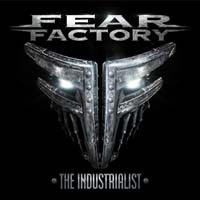
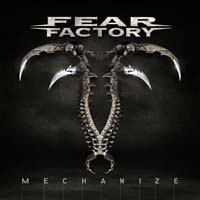
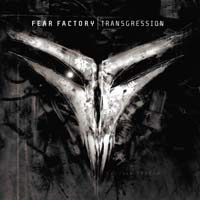
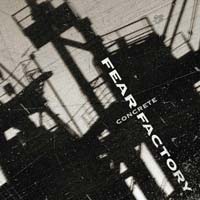
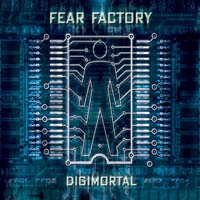
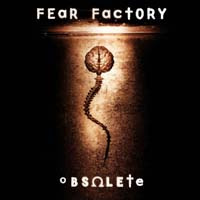
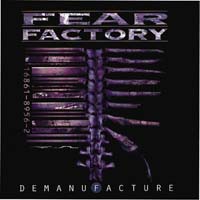
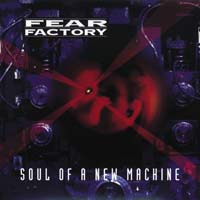
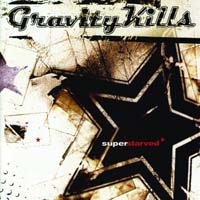
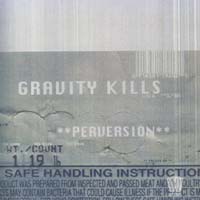
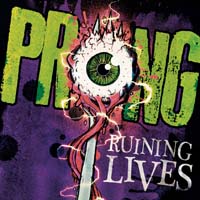
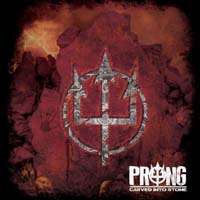
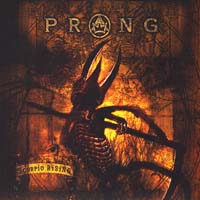
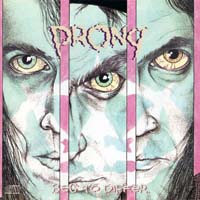
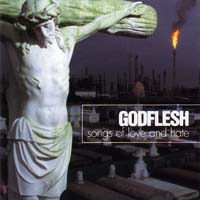
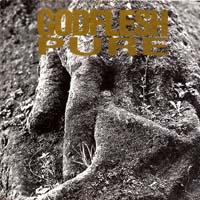
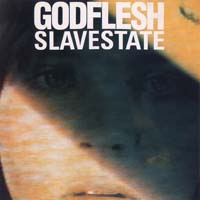
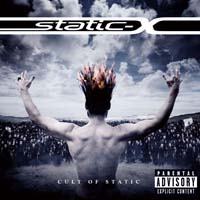
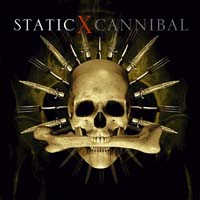
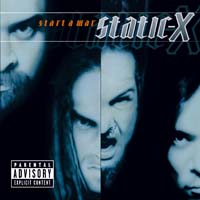
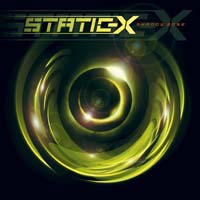
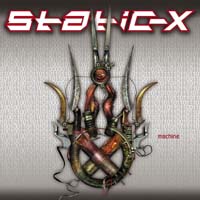
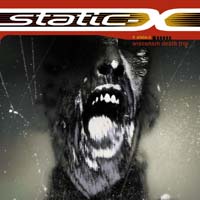

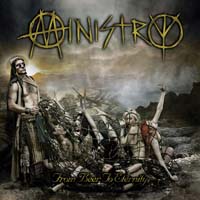
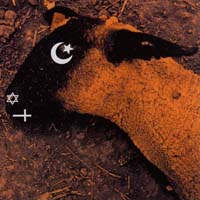
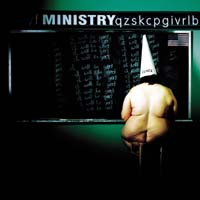
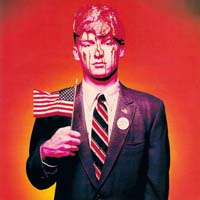
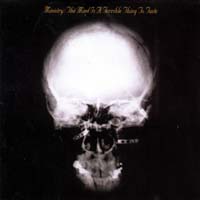
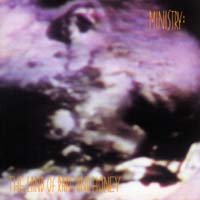
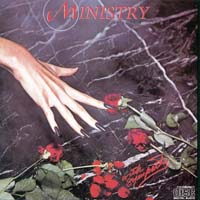
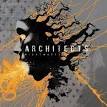
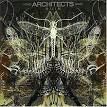
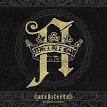
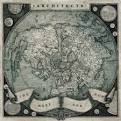
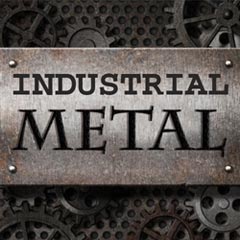
 Reggae Roots
Reggae Roots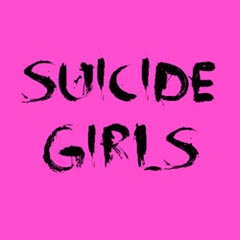 Suicide girls
Suicide girls World Music
World Music Piano solo
Piano solo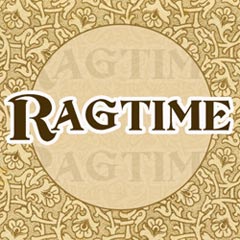 Ragtime
Ragtime Classic pop
Classic pop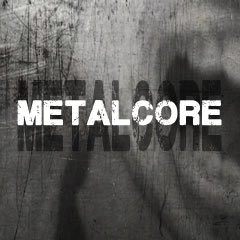 Metalcore
Metalcore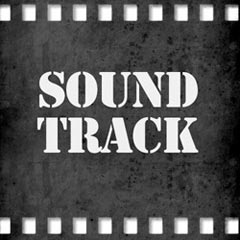 Soundtrack
Soundtrack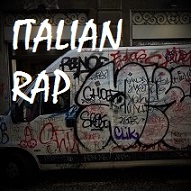 Italian Rap
Italian Rap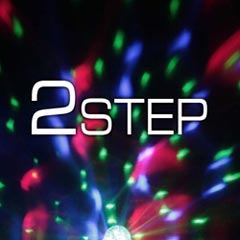 2step
2step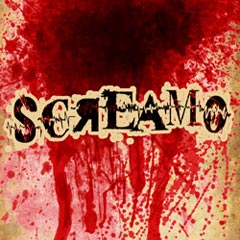 The very best of screamo
The very best of screamo The very best of blues
The very best of blues Body pump music tracklist
Body pump music tracklist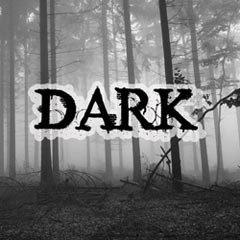 The very best of dark wave
The very best of dark wave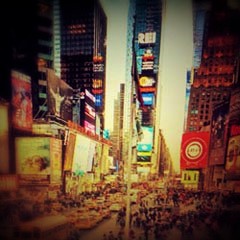 The avant-garde music of advertisements
The avant-garde music of advertisements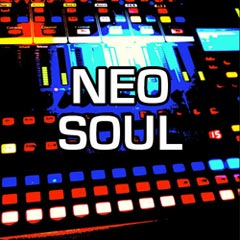 The very best of neo soul
The very best of neo soul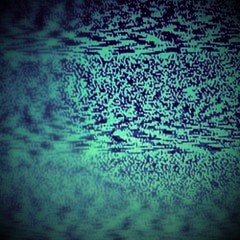 Experiment with the sound space
Experiment with the sound space Fabric London, the electronic templum
Fabric London, the electronic templum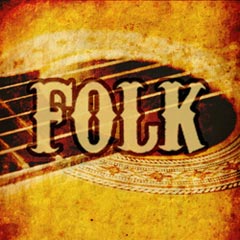 The very best of folk
The very best of folk